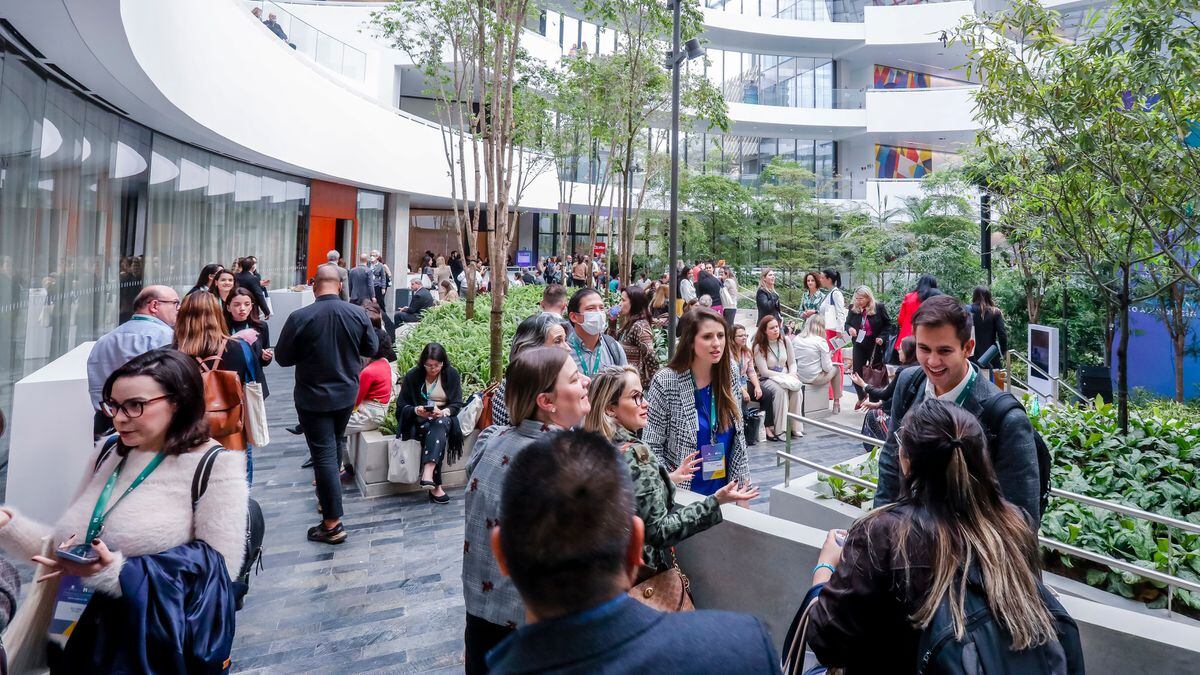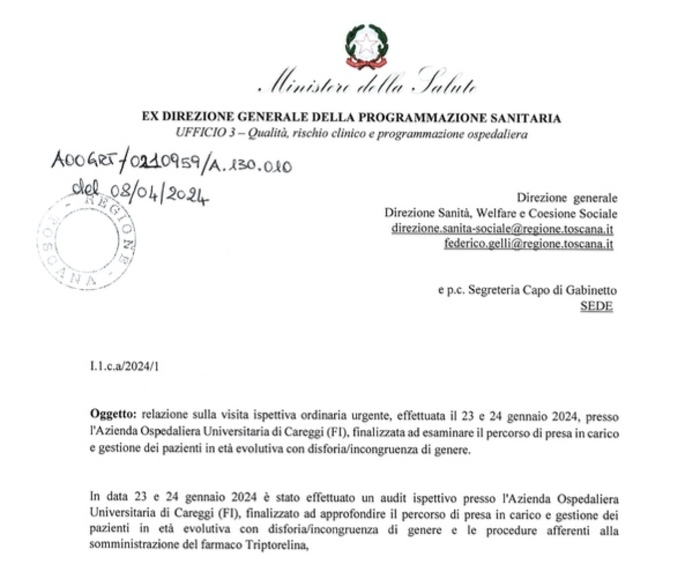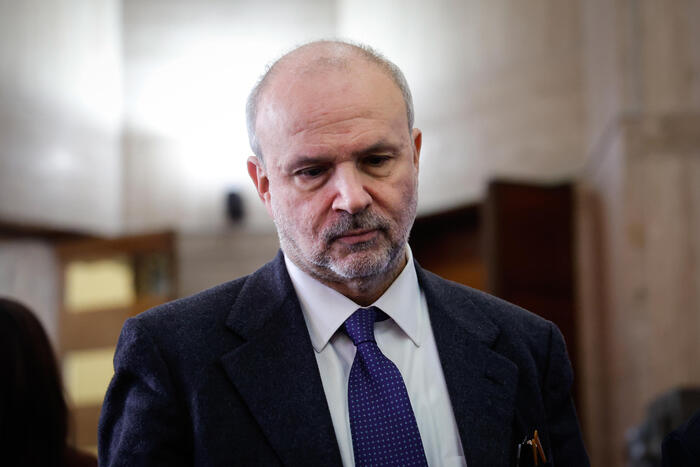Events such as more intense and frequent heat waves or strong storms, in addition to pollution levels in the environment: the environmental imbalance, which often results in catastrophic natural effects, is having a negative and intense impact on human health, especially those belonging to disadvantaged and vulnerable sectors.
This traces a scenario, although announced for decades, worrying for the whole world.
According to the World Health Organization (WHO), currently more than 90% of the world's population lives with levels of air pollution harmful to their health, precipitating around eight million deaths a year.
Added to this is an estimate of 250,000 deaths from climate change annually between 2030 and 2050, according to the world body.
During the day of activities of the 7th.
Latin American Forum on Quality and Safety in Health held during the month of September in São Paulo, Brazil, doctors, environmentalists and representatives of governments and private initiative in the region discussed the repercussions of climate change on the health of populations and the need to make stronger commitments to combat it.
“The biggest threat to humanity right now is climate change.
And we have seen this on a daily basis.
It will also affect us as healthcare providers.
It will bring hunger, more diseases, we will have to adapt to new pandemics, we will probably have more social instability,” warned Bernd Oberpaur, medical director of the German Clinic, in Chile, during a forum table organized between the Sociedade Beneficente Israelita Brasileira Albert Einstein and the Institute for Healthcare Improvement (IHI).
The impacts of environmental imbalance and climate change on the population and the health sector were important topics discussed at the forum.Fábio H. Mendes (Fábio H. Mendes)
For Dr. Guilherme Schettino, director of the Einstein Israeli Institute for Social Responsibility, although the discussion on climate change and health is not new, its maturity of action has been delayed by the pandemic in the last two years.
This delay has a direct impact on extreme weather events.
He warns, for example, of the health risks of the most vulnerable groups, such as the elderly: "cardiovascular conditions or the risks of heart attack and stroke, among other ailments, are aggravated."
The health system is also affected when strong storms occur, with landslides and floods.
“This makes it difficult, for example, for officials and people to access the health unit.
The subsequent effects last for months: people continue to die after the event, which dismantles the already overloaded health systems, increases the difficulty of access to a remedy, to drinking water”, warns Dr. Schettino.
Changes from the system
The pressure of climate change on the health system should cause the sector to be recognized as part of the solution.
Globally, it is responsible for about 4.4% of greenhouse gas emissions, according to the organization Health Care Without Harm.
For specialists from various strategic areas inside and outside the health sector in the region, self-criticism and action "from home" are timely, where ethics and responsibility become important starting points for change to set an example for others. the rest.
Such is the case of the perception of Dr. Henry Gallardo Lozano, from the Fundación Santa Fe de Bogotá, in Colombia, who pointed out that “under the moral excuse that lives are saved”, the sector does “immense environmental damage”.
“And that permission we can no longer give ourselves, especially since we will quickly become illegitimate.
And in that sense, the immense challenge is how to get entities that provide services with zero emissions, such as with electric cars or the amounts of plastic that never degrade, even with the amount of respirators and the waste they generate, "says the specialist.
"We must prioritize and focus on people," underlined Henry Rodríguez, from Doctors Without Borders in Bolivia and Paraguay, in the debate on how to maintain a resilient health system. Fábio H. Mendes (Fábio H. Mendes)
Donald Berwick, founder and president emeritus of the IHI, points out that no country in the world is really prepared for the imminent crises to come, added to the significant level of contamination of the health sector itself, it has in the tasks proposed by the ESG (half environment, health and governance, for its acronym in English) to an important contributor to regional interdependence for Latin America.
“[Latin American countries] have similar paths, challenges where health reforms require mutual cooperation with equality and social justice towards the center.
The ESG proposes a difficult culture change, while proposing a completely new mindset construction.
But together we can make a change.”
Historic opportunity to mitigate damage
In the presentation called How to maintain a resilient health system in times of crisis: pandemics, disasters and wars?, specialized witnesses in health during the pandemic, in natural disasters from the field of civil protection and humanitarian aid, as well as during the war in Ukraine, they pointed to a global reality where numbers and reality do not look encouraging or optimistic, but they do point to a unique historical opportunity to mitigate damage and stop major catastrophes.
For Dr. Henry Rodríguez, chief of mission of Doctors Without Borders in Bolivia and Paraguay, who has actively participated for more than two decades in humanitarian aid scenarios due to wars or natural disasters, stresses that despite prevention and timely and immediate action , one of the big mistakes is the lack of empathy, since listening to individuals is usually more helpful than more immediate medical or material assistance.
“Crises will continue to happen and emotional support is key, it goes hand in hand with prevention and assistance to those most in need.
We must prioritize and focus on people, ”says the doctor, who has also strengthened his aid from transregional food, philanthropic and civil protection initiatives.












/cloudfront-eu-central-1.images.arcpublishing.com/prisa/KMEYMJKESBAZBE4MRBAM4TGHIQ.jpg)


